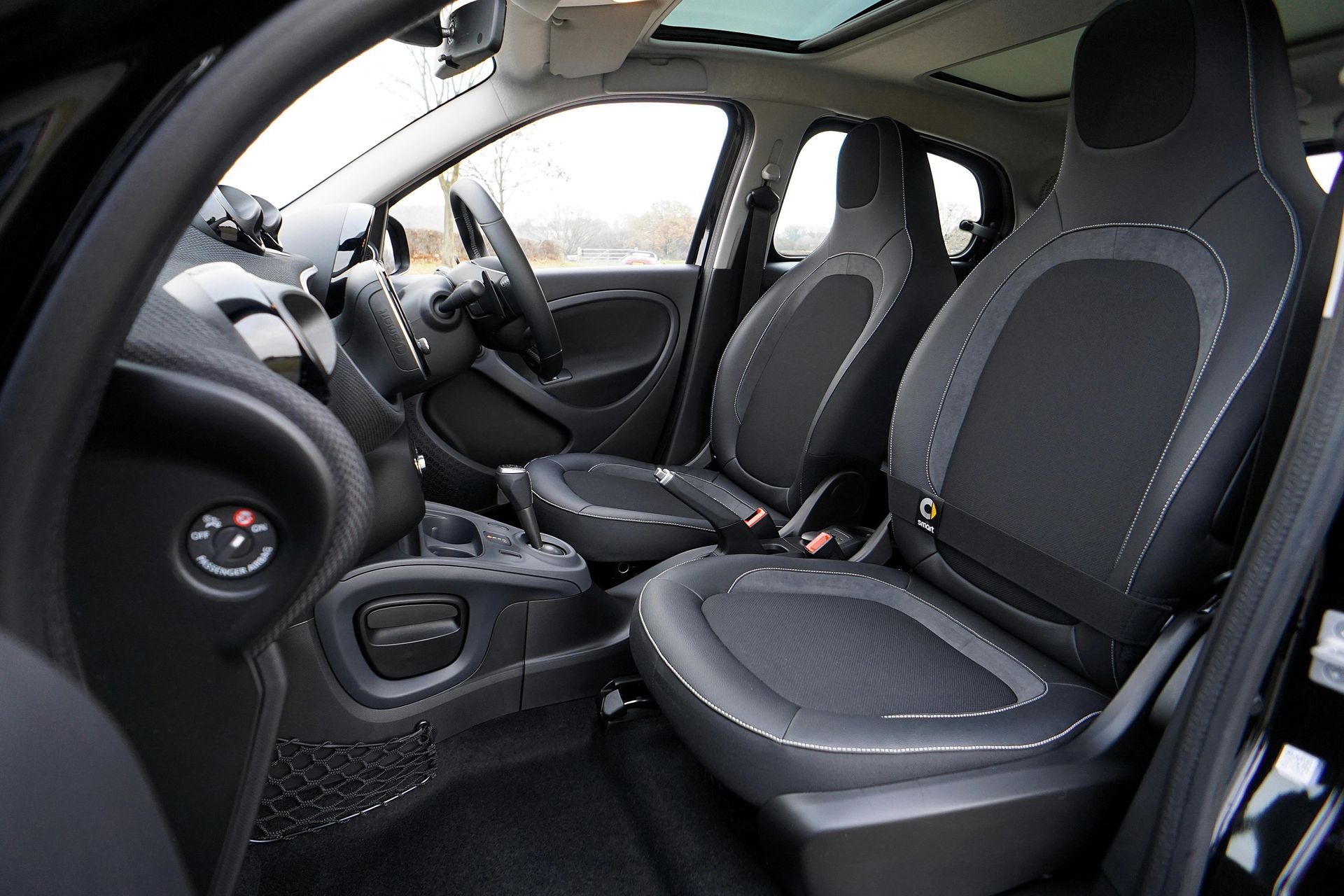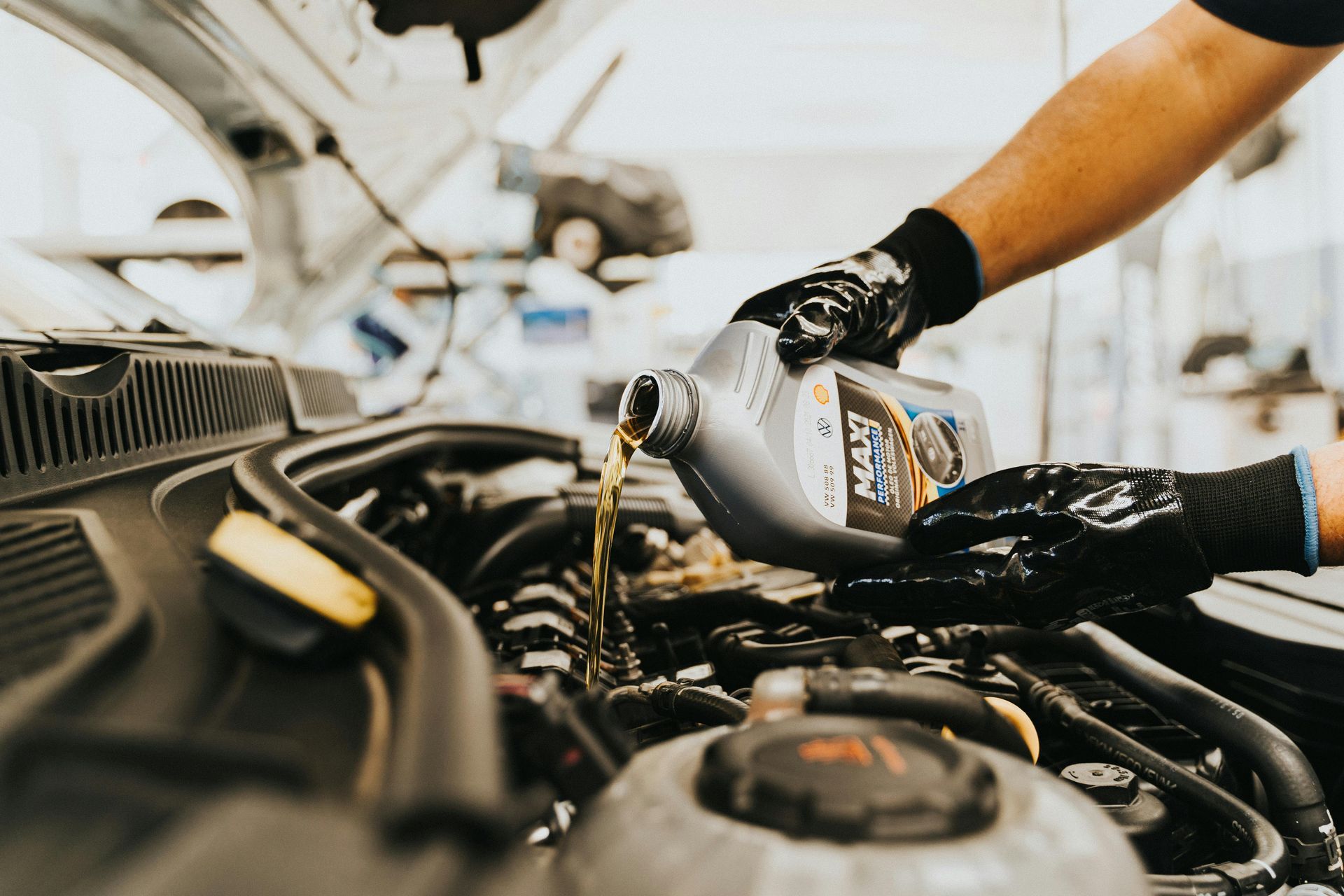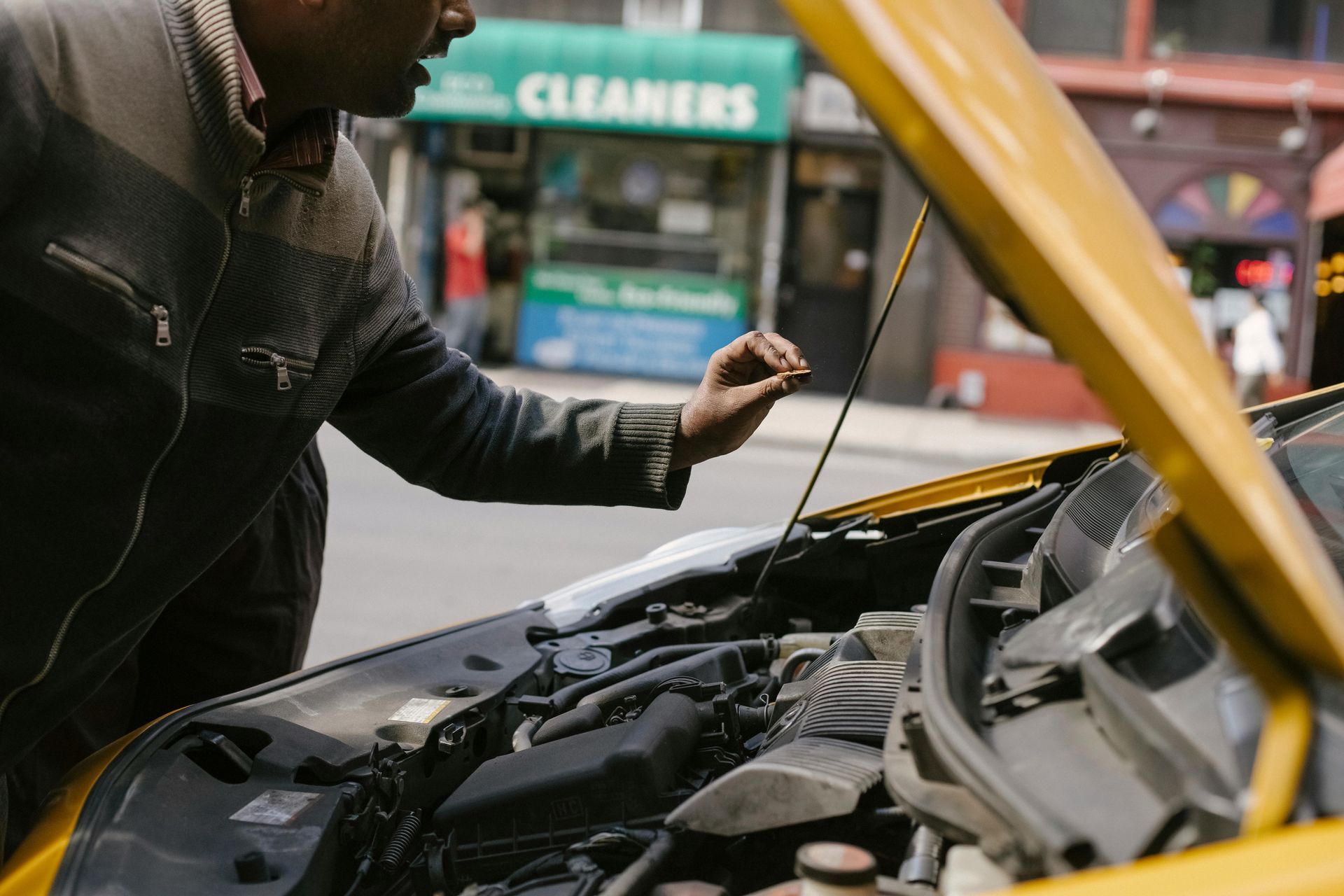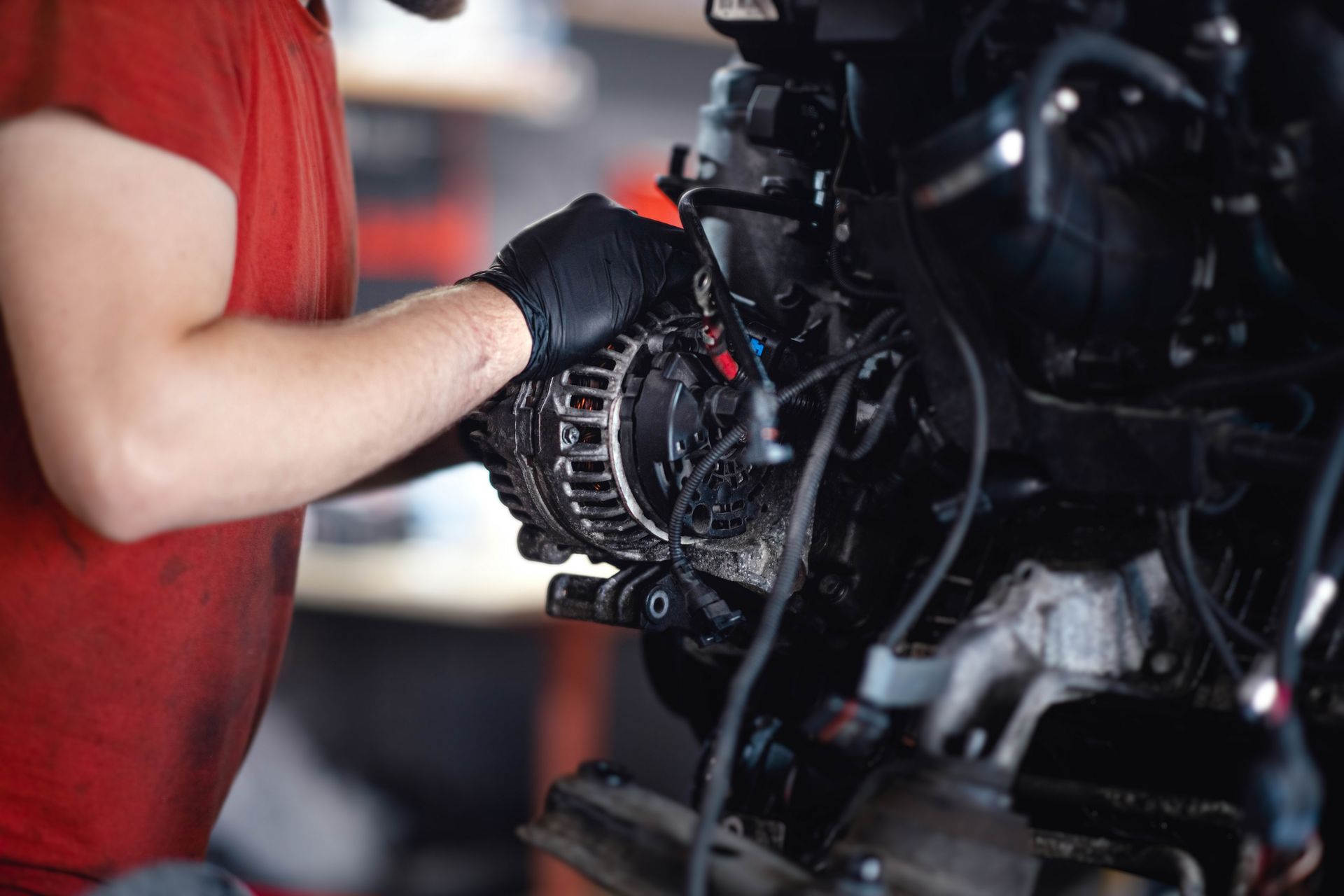What Your Check Engine Light Could Be Telling You: Insights from Premier Automotive Services, Kent
Welcome to Premier Automotive Services, your trusted auto shop in Kent, WA. When that little orange light on your dashboard illuminates, it can bring a wave of uncertainty and anxiety. But what if we told you that understanding the common causes behind your check engine light could make you more confident about your car’s maintenance and save you from potential headaches down the road? Let's dive into the world of automotive diagnostics and shed some light on what your check engine light could really be telling you.
Understanding the Check Engine Light
The check engine light is part of your vehicle’s onboard diagnostics system (OBD). When it lights up, it's telling you that the system has detected a mechanical or electrical issue. However, the light alone doesn’t specify what or where the problem lies; that’s where an expert diagnostic approach at Premier Automotive Services comes into play.
Common Reasons for a Check Engine Light Alert
1. Oxygen Sensor Failure
One of the most common triggers for the check engine light is a faulty oxygen sensor. This sensor measures the amount of unburnt oxygen in your vehicle’s exhaust system. If it’s malfunctioning, it can lead to decreased fuel efficiency and increased emissions. Ignoring this issue can damage your catalytic converter, leading to a more expensive repair.
2. Loose or Faulty Gas Cap
A loose or damaged gas cap might seem trivial, but it can cause fuel vapors to leak out and can throw off the whole fuel system’s operations. This simple issue can be resolved by ensuring the cap is secure, or replacing it if it's damaged. It's a quick fix that can save you a trip to the auto shop.
3. Catalytic Converter Failure
The catalytic converter is crucial for reducing exhaust gases. If it fails, it will not only trigger the check engine light but could also lead to a failed emissions test. Regular maintenance is key to ensuring its longevity and functionality.
4. Mass Airflow Sensor Issue
This sensor measures the amount of air entering the engine to determine how much fuel is needed to run your engine efficiently. A faulty sensor can increase emissions, reduce performance, and affect fuel economy.
5. Spark Plugs or Ignition Coil Problems
Worn or fouled spark plugs, or a failing ignition coil can cause the engine to misfire, which triggers the check engine light. Regular inspections and replacements at Premier Automotive Services can prevent this problem.
Diagnostic Tools and Expertise at Premier Automotive Services
At Premier Automotive Services in Kent, WA, we equip our technicians with advanced diagnostic tools that read OBD-II codes, which are essential to pinpoint issues. By bringing your car to our experts, you can ensure that the specific cause of your check engine light warning is accurately identified and appropriately addressed.
Tips for Kent Drivers
- Regular Check-Ups: Regularly scheduled maintenance is your best defense against unexpected check engine lights. It ensures that potential problems are addressed before they escalate.
- Pay Attention to Changes: If you notice any changes in your vehicle’s performance, such as a drop in fuel efficiency, unusual noises, or if the light starts flashing, it's crucial to seek professional help promptly.
- Educate Yourself: Understanding what different signals from your car could mean helps you make informed decisions about vehicle maintenance.
Premier Automotive Services: Your Partner in Automotive Care
At Premier Automotive Services, we are more than just a repair shop. We are your partners in keeping your vehicle running smoothly and efficiently. We pride ourselves on our commitment to transparency, quality, and customer service. Whether it’s a simple inspection or a comprehensive repair, our team in Kent, WA, is here to help.
Understanding the reasons behind your check engine light can significantly demystify the process of car maintenance. With the expert help from Premier Automotive Services, you can rest assured that your vehicle is in good hands. Don’t let a glowing check engine light unsettle you—let us diagnose and fix the issue to get you back on the road safely and efficiently.












